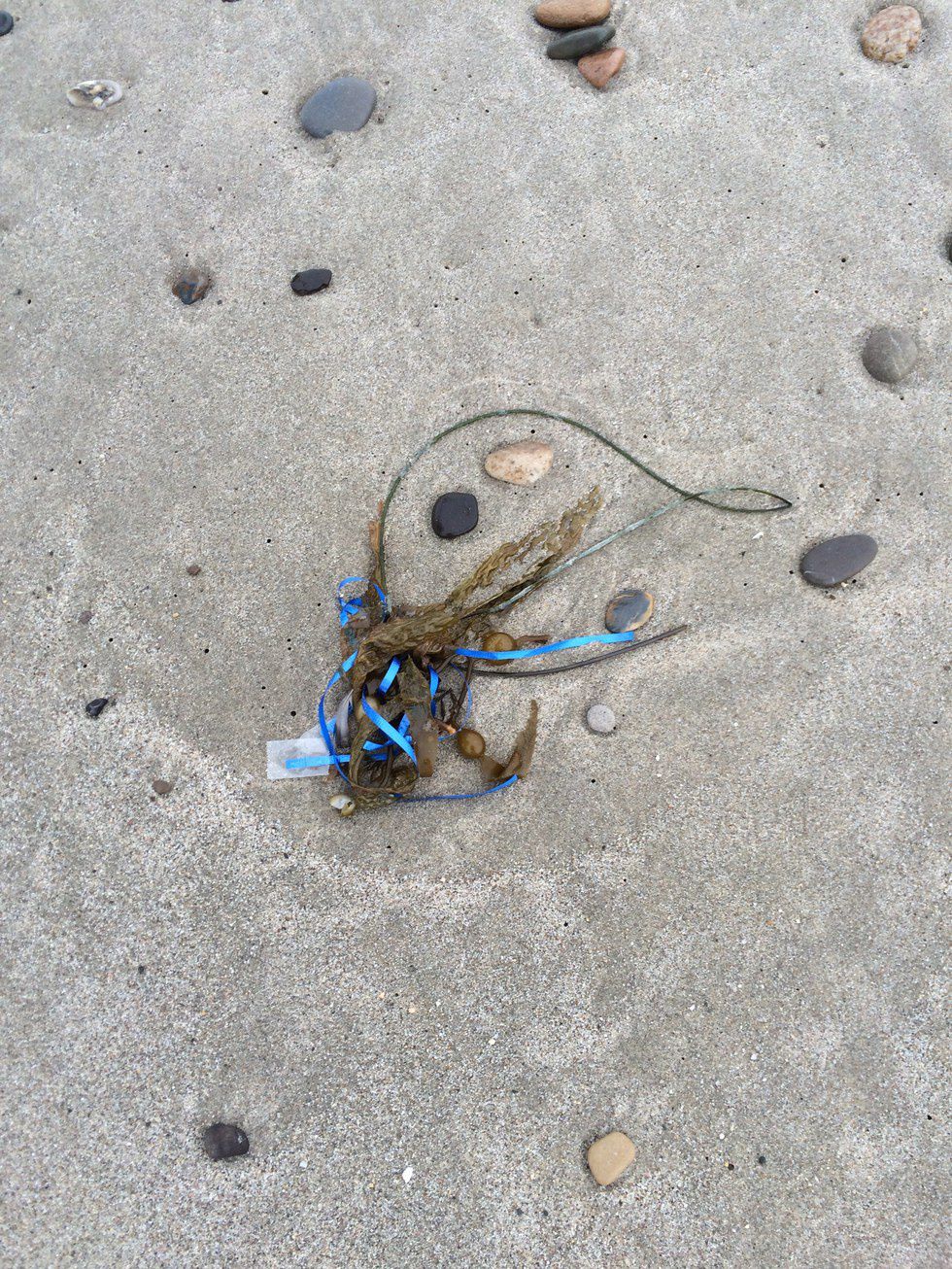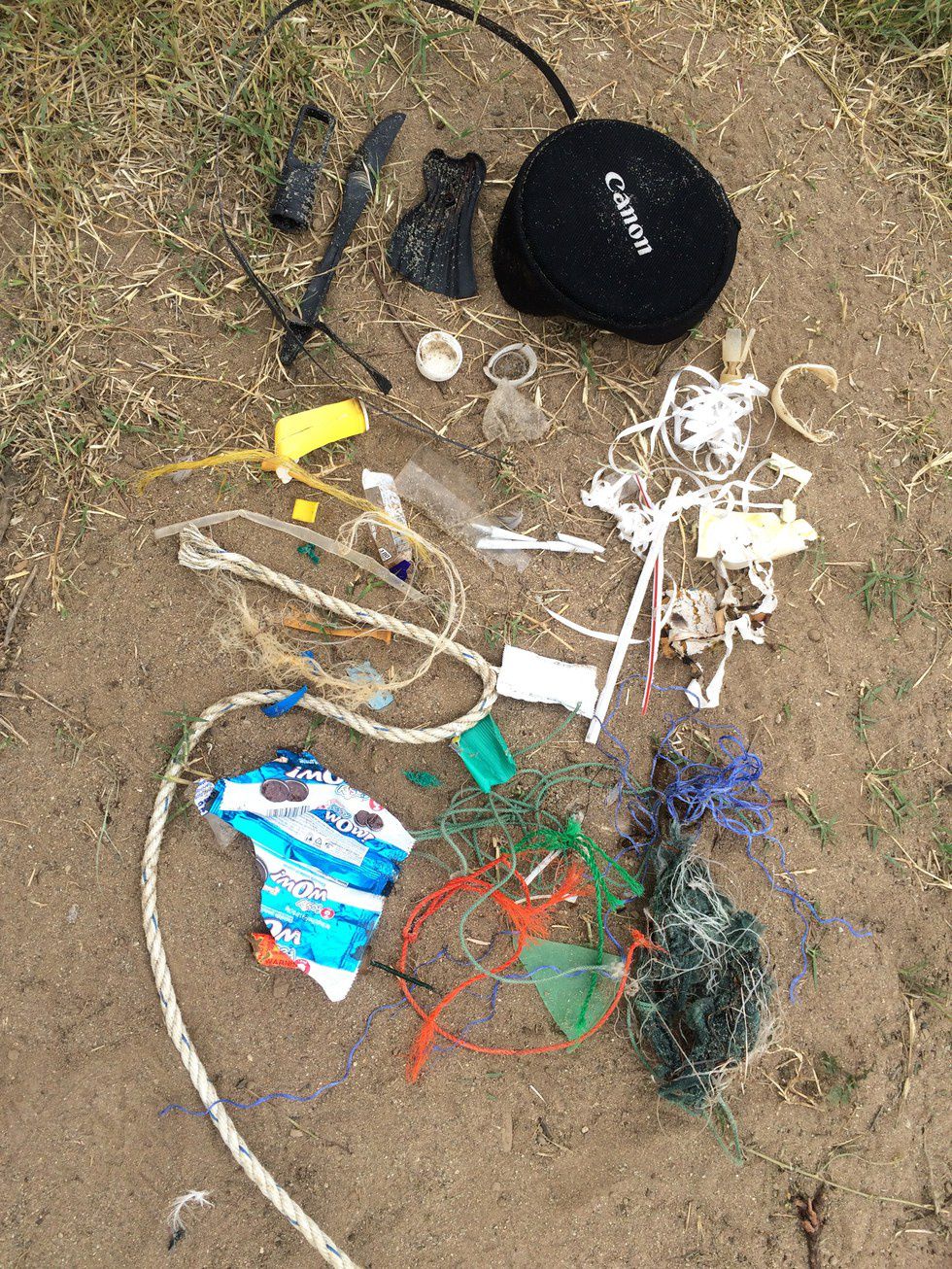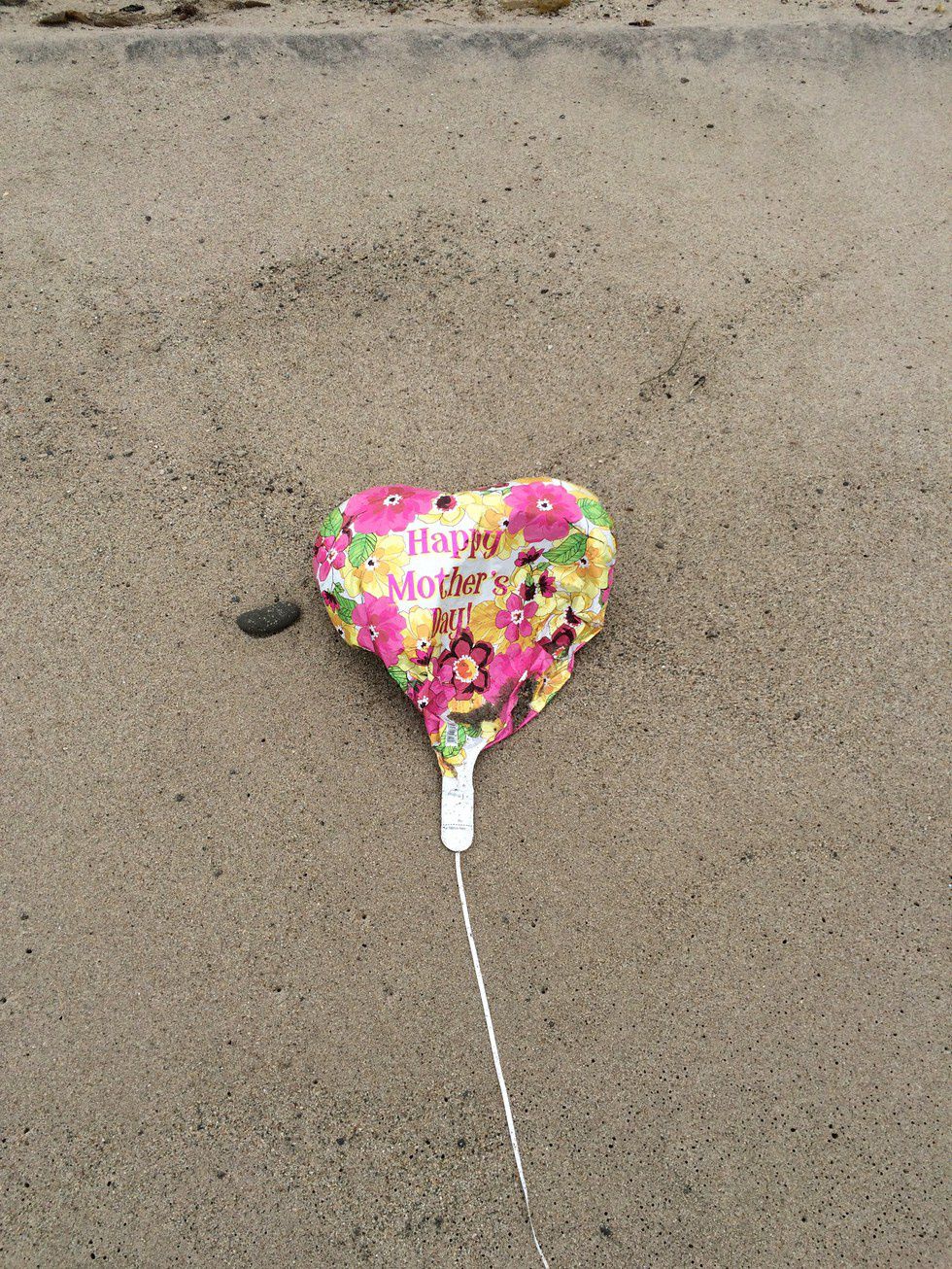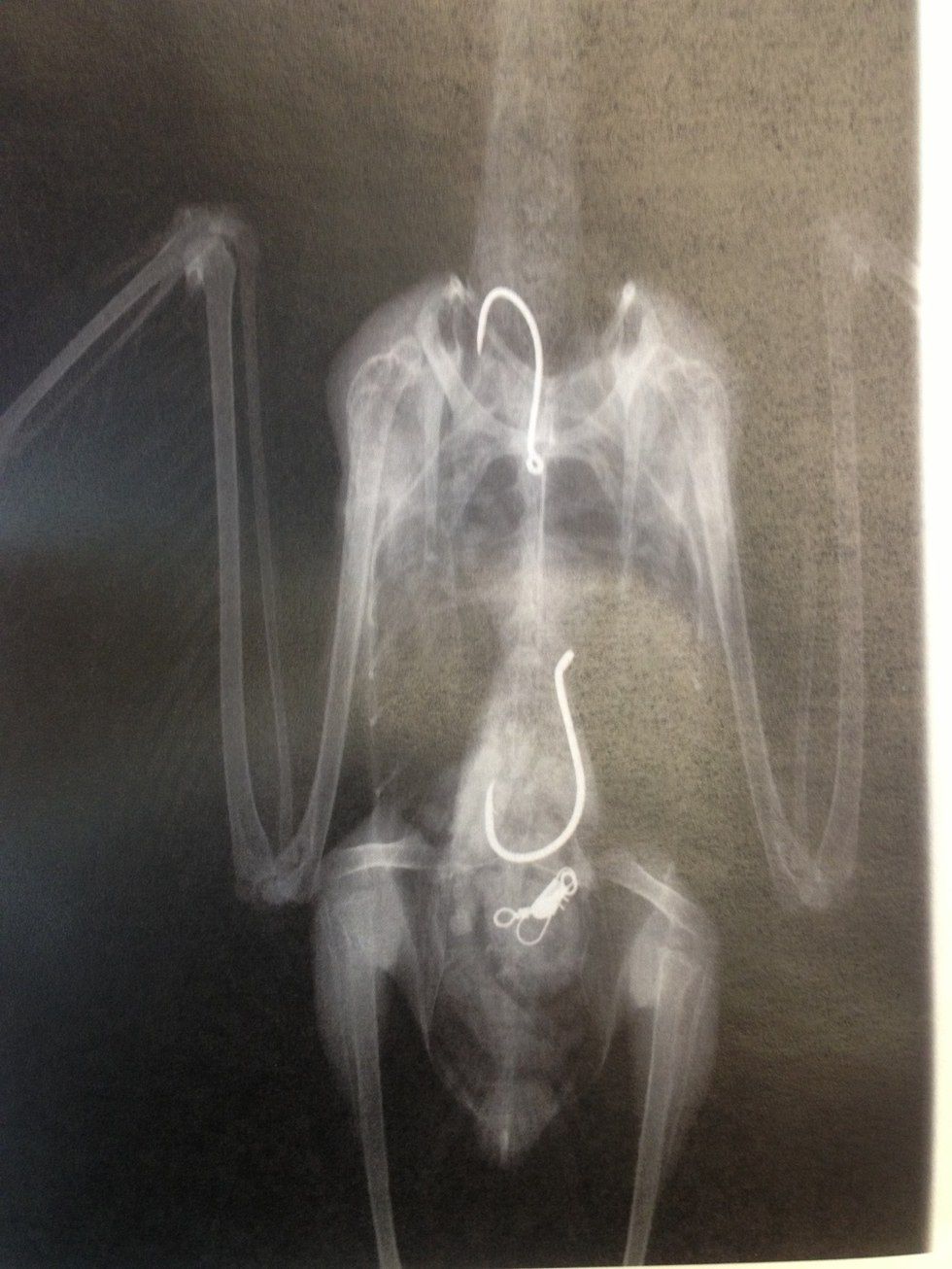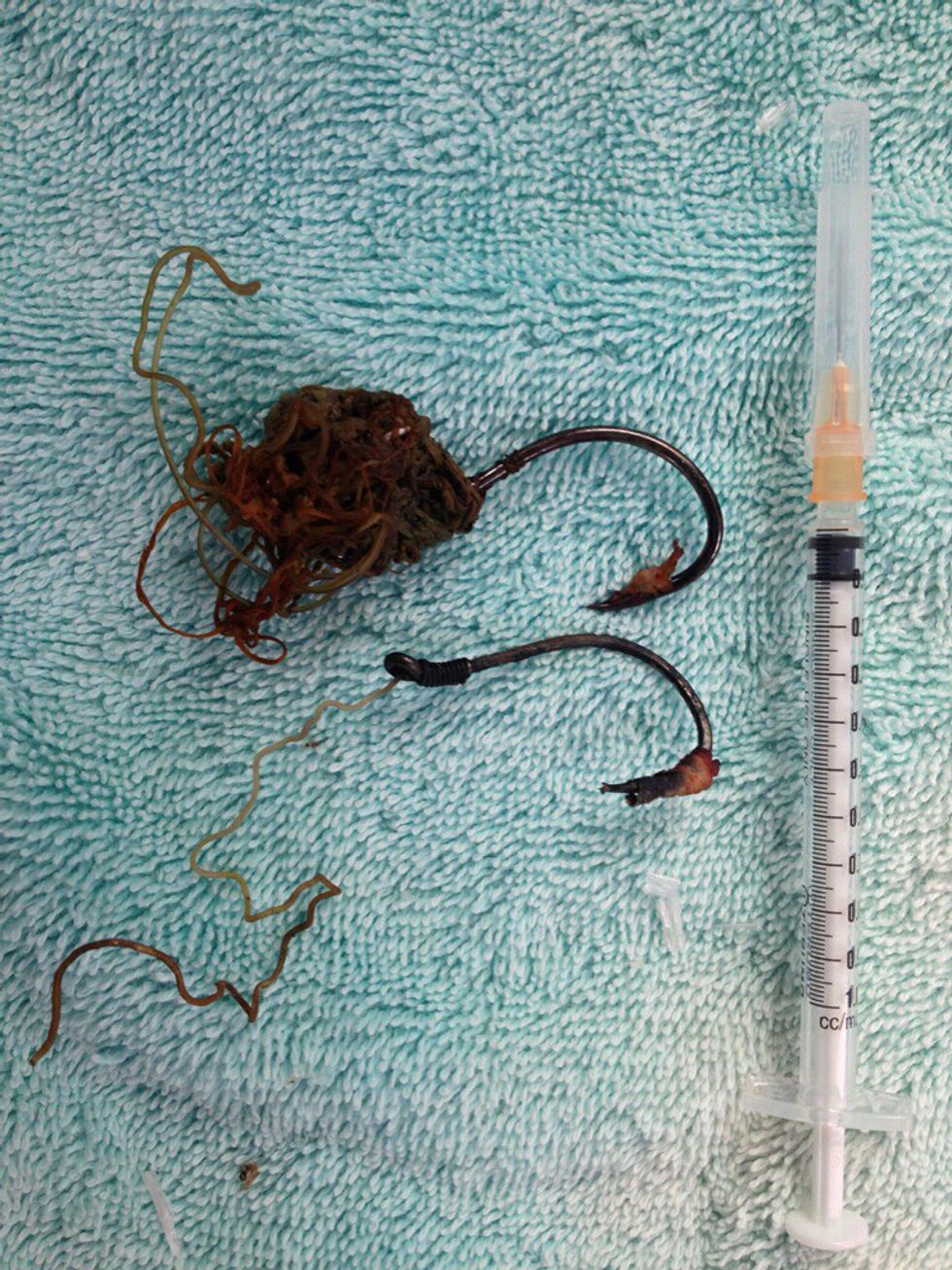In recent months, researchers have come out with a new and horrifying estimate: that by 2050 there will be more trash in the ocean than fish. Now whether or not this becomes an exact reality, the future of the world’s oceans is truly in our generation’s hands. From overfishing to pollution to the exploitation of marine ecosystems for food, chemicals, and entertainment, 70 percent of our planet is in serious decline.
As Californians, we live near one of the most incredible areas on Earth in terms of biodiversity. The California coastal upwelling ecosystem, one of four such systems on the planet, is home to some of the richest waters on earth. It has the largest concentration of breeding sea birds and is home to over 240 species of fish. It harbors one third of the world's populations of dolphins and is home to Earth's largest concentration of blue whales. Our actions, because of our proximity to the coast, hold an enormous impact on the welfare of this ecosystem.
Fish, especially larger predatory fish, play a crucial role in the ocean’s food webs. Without a high-level predator to control populations of smaller fish and herbivores, entire ecosystems can completely collapse. Each food web is balanced by multiple levels of primary producers and consumers. If this balance is disrupted by the loss of a significant population, the entire habitat declines. It is incredibly important that fishing be regulated and monitored and that we continue to protect species that have been exploited. Now, most of us aren’t marine biologists or oceanographers, and you may be asking yourself what you can do to help. Remember that as a consumer who spends money in our economy, you have power. By choosing to purchase an item you are vouching for the practices behind its production. Become a responsible consumer by buying and eating fish responsibly. The Monterey Bay Aquarium keeps an updated watchlist of fish that are thriving, threatened, and endangered. Below is a consumer guide for those of you in CA, but the Seafood watch website has printable cards for every state in the US.
Sea life also faces consistent threats from harvesting methods. Unintended targets like sharks and turtles are frequently caught in long line fishing nets. Shrimp trawls essentially tear up the bottom of the ocean floor and are destroying cold-water corals. With coral, entire ecosystems that depend on their growth will collapse and we could soon see the disappearance of the iconic coral reefs. Fishing companies also use bombs and cyanide to capture or kill target fish, but these methods obliterate everything in the vicinity. With the incredible technology being developed every day, the human race is capable of creating alternative methods for fishing. Already, the US and Mexico have mandated the use of Turtle Exclusion Devices, which prevent turtles from getting caught in shrimp trawls. New technology and legislation are always a possibility but they require consumer and voter support. Keeping up with, and signing petitions that urge corporations to be environmentally responsible is a quick and easy way to get involved. Change.org is a fantastic platform that harbors these sorts of petitions and will email you any time one is in need of support. To stay updated on the most recent marine issues, follow the Marine Conservation Institute’s newsletter.
Even supporting local wildlife sanctuaries and organizations can help give these groups the funds they need to continue working to protect marine life. My family and I took a trip to the Marine Mammal Sanctuary for Mother’s Day and had a wonderful time. They offer tours and volunteer opportunities, and are cultivating an incredible education program. Making a visit to your local coastal center or adopting a current patient can go a long way.
Conservation groups like the World Wildlife Foundation are working to establish Marine Protected Areas, which ban fishing and the exploitation of marine ecosystems in specified locations. The Great Barrier Reef is an example of one of these areas and would likely be in serious decline if it were not designated as an MPA. Only 4 percent of the world’s oceans are currently protected, and the WWF makes an excellent case for the establishment of more MPA’s.
For all of you beachgoers, consider bringing a trash bag with you during your visits. Countless species are caught in nets or plastic. Birds can accidentally ingest trash or get their beaks tangled in string. A wonderful wildlife rehabber, Marie Travers, has extensively documented the beach trash problem on our coast. Below are just a few of those images. Participating in trash cleanups, picking up on your way out from a surfing session, and even being extremely careful of what trash you bring to the beach can go a long way towards preventing builds up like this.
Another serious issue that we encounter frequently in rehabilitation facilities is fishing hooks. Sea birds can accidentally ingest them after eating a fish that had a hook still attached in its mouth. These hooks can rip apart beaks and even travel down through the digestive tract, in which case surgery is sometimes necessary to remove them. The following images are ones of a gull that required this type of surgery.
.
If you fish recreationally or know someone who does, please encourage them to always triple check that they’ve removed the hook before letting a fish go back into the water. Pinching down the barbs on hooks can make them easier to remove and can prevent the hook from attaching so tightly to a sea bird in the case that the hook wasn’t removed from the fish. Here is a great article about tips for catch and release fishing.
We can all become involved in protecting the future of our oceans and the animals that live in them, and I encourage all of you to become aware and to become active. As always, thanks for reading and enjoy your week!




